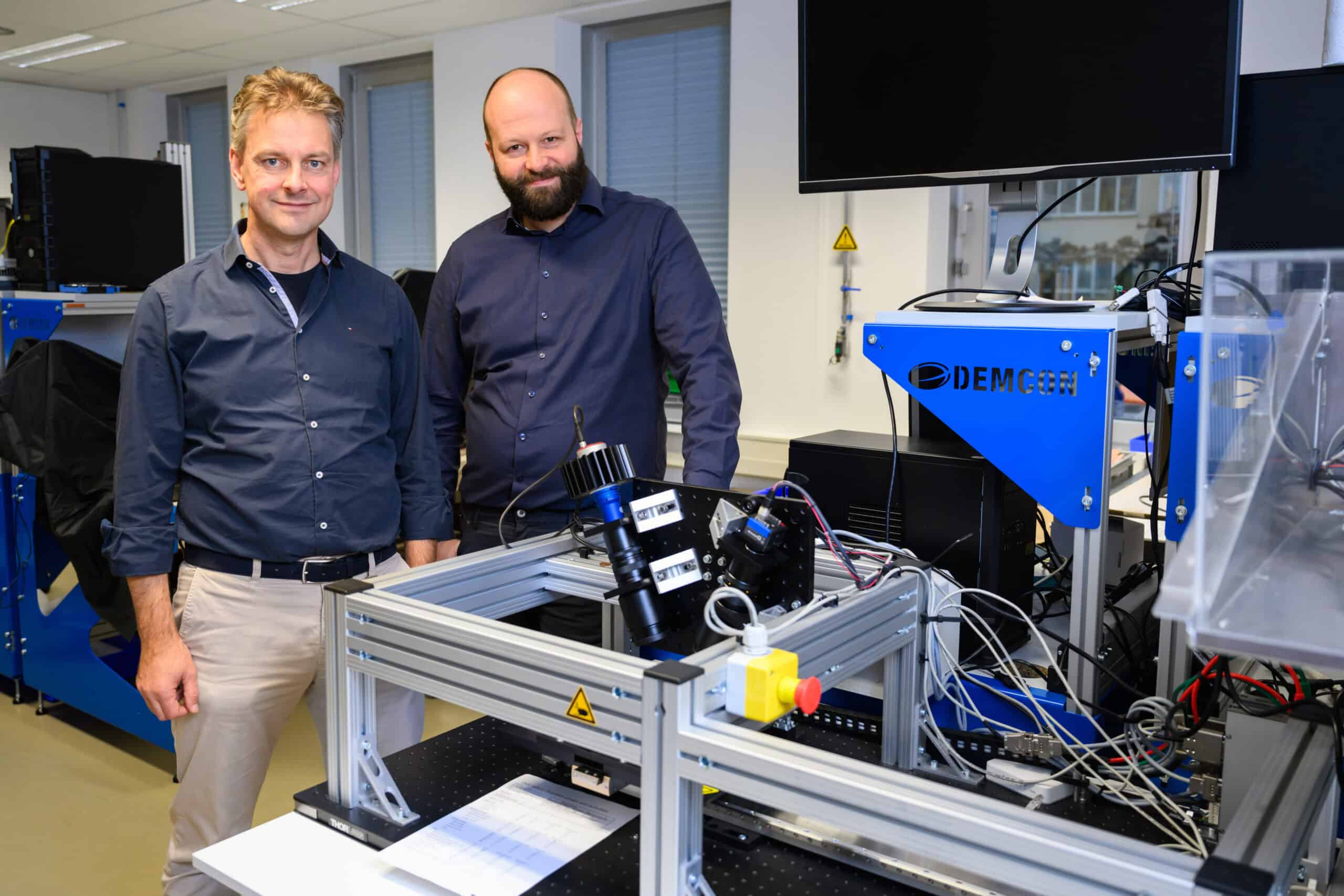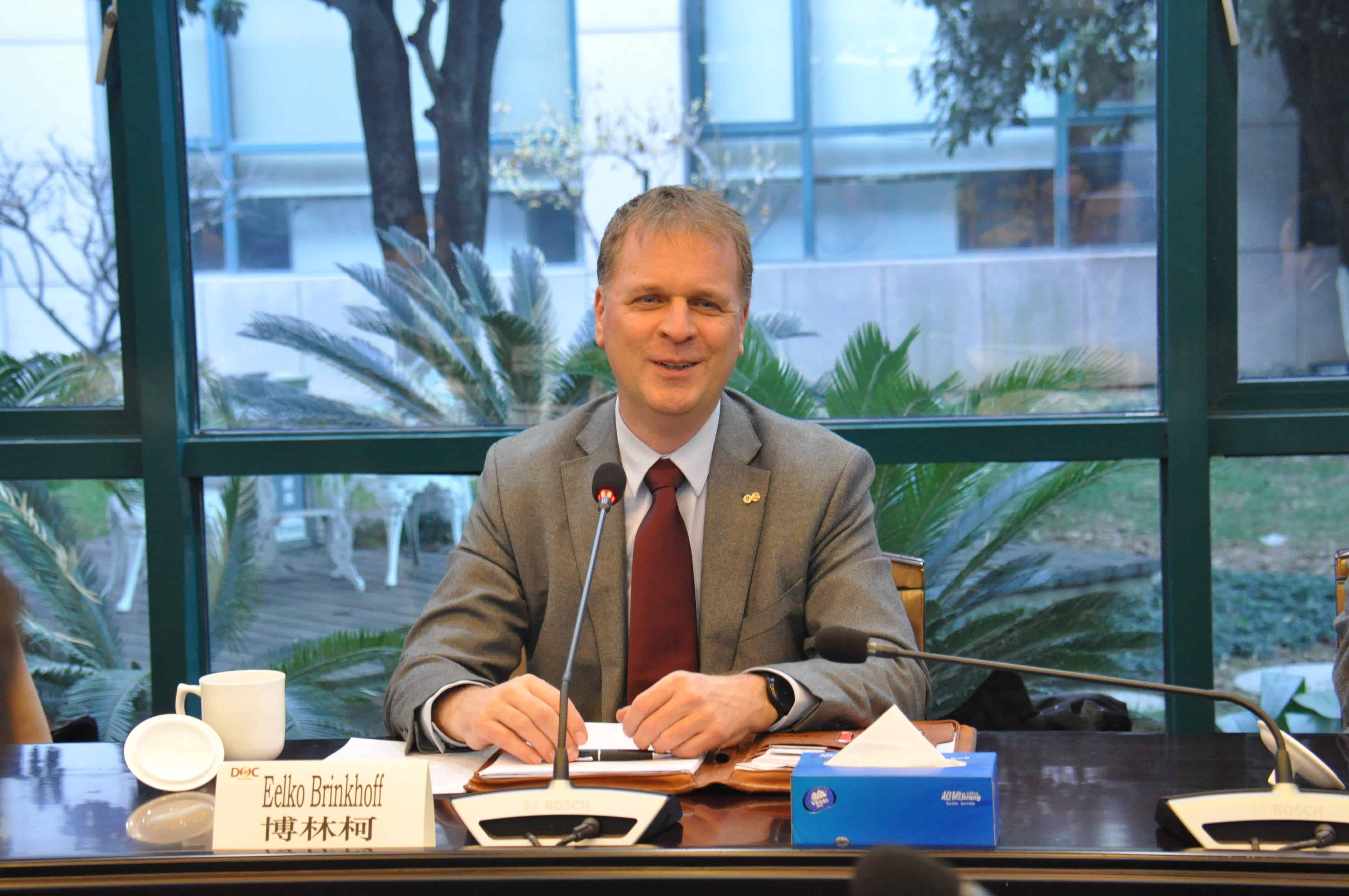
If there is one category of companies that are responsible for innovation in the Netherlands, it would have to be the start-ups. Innovation Origins is always looking for relevant innovations, therefore there is every reason to really capture the complete Dutch start-up ecosystem. Armed with the data sets of StartupDelta, we visited all Dutch provinces. In 14 episodes, published between December 24, 2018, and January 7, 2019, we’re giving an overview of the start-up ecosystem in the Netherlands. The series has been made by the journalists of cooperation PitchProducties, commissioned by Innovation Origins. Today: Gelderland. Read the other episodes of the series here (as far as already published).
About 10% of Dutch start-ups focus on the medical field, but in Gelderland, it’s twice as much. This is shown by data of StartupDelta. About 20% of the start-ups in this province is involved in health care, ranging from new methods of treatment to innovative medical equipment.
Remarkable, but not surprising. “Gelderland and Nijmegen are the basis of a lot of medically oriented activities,” says Pieter Lomans of the Radboud university medical centre. “Nijmegen is a hotspot of health and high tech. Something a lot of people don’t know is that there are three billion-dollar companies on the Novio Tech Campus: NXP, Nexperia and Ampleon.” According to Lomans, these and other companies – along with Radboud University and the Radboudumc – create a network of knowledge and facilities that make Gelderland a fertile province for medical start-ups.
250,000 euros
In addition, medical start-ups in Gelderland are strongly stimulated by the province and other initiatives. Every year, the Health Valley Event is organized. This is an event where developments in the field of ‘Life Sciences & Health’ are in the center and “where it’s about people who are making the difference for health care”, Radboud University Nijmegen states.
In March, during the last edition of this event, a new fund was announced by deputy Michiel Scheffer (D66) which offers support to start-ups in Life Sciences & Health in Gelderland: the RedMedTech Discovery Fund II. This fund should help these start-ups in bridging the development phase towards follow-up financing, “in order to bring risk-bearing start-ups in the medical sector,” says Theo Föllinger. He is Manager of Business Development at OostNL, one of the initiating companies behind the fund. This bridging is a bottleneck for many start-ups.
Last month, three new start-ups have been announced that will benefit from this fund: CitiusBio, CardiacBooster and Binnovate Digital Health. A short description: CitiusBio focuses on detecting heart attacks faster and better, CardiacBooster on increasing the chances of survival and limiting organ damage after a heart attack, and Binnovate on simplifying self-management for chronic kidney patients. Each of them received a loan of 250 thousand euros.
Bridging to funding
A big support, says Chris Rosmalen of CitiusBio as well. “With this loan, we can finally find out whether it really works with the device we have,” something that usually takes a lot of time and money. The loan of RedMedTech considerably speeds up this process, says Rosmalen. The same goes for CardiacBooster. “The goal is to demonstrate proof-of-concept and then get funding with that data,” says Florian Ludwig, CEO of the start-up.
Besides the RedMedTech fund, the province of Gelderland also participates in the Startup in Residence program, a partnership between start-ups and the government which focuses on innovation. Provinces are creating a number of ‘challenges’, or issues, for which start-ups can submit solutions. If an idea gets picked, the creators may realize the idea. They receive help in this and in some cases also a subsidy of up to 50,000 euros.
The striking thing about the issues of Startup in Residence of the province of Gelderland is again the focus on health and health care. Half of the issues is concerned with health, such as the influence of nutrition on disease recovery, elderly care and the advancement of sports for people with a disability.
Tough for the rest?
However, that doesn’t mean that other start-ups in Gelderland get less attention, emphasizes Marijke Deegens, policy officer at the province of Gelderland. “The things that start-ups pour their heart and soul into, are the major issues of tomorrow – such as energy transition, climate, food security and security.” For these sectors, there’s also support. The StartLife fund focuses on start-ups in the food sector, and the Innovation and Energy fund supports new sustainable energy technologies. In addition, Briskr is an important player in Gelderland, a cooperation of organisations that helps start-ups, scale-ups and grownups from different kinds of sectors with the challenges they encounter in the growth process.
Besides the cluster Nijmegen/Arnhem, Wageningen also offers an important hub for start-ups in Gelderland. These include Starthub Wageningen and StartLife. StartLife focuses on innovation in the food and agricultural sectors: “The global challenges around food supply call for a radical approach to innovation in the food and agricultural sectors. StartLife believes that start-ups are and will remain the power behind the Food and Agri innovations needed to meet global food demand in the future. StartHub Wageningen calls itself the incubator for startups of current and recently graduated Wageningen students and PhDs. “We offer support to students who want to develop their entrepreneurial skills”.
Gelderland clearly has space for all sorts of initiatives. But the medical sector seems to have a special place in the start-up heart of the province. Not surprisingly so, finds Lomans. “There is, after all, a good ecosystem for health, in combination with high tech”, he concludes.
Photo NovioTechCampus








